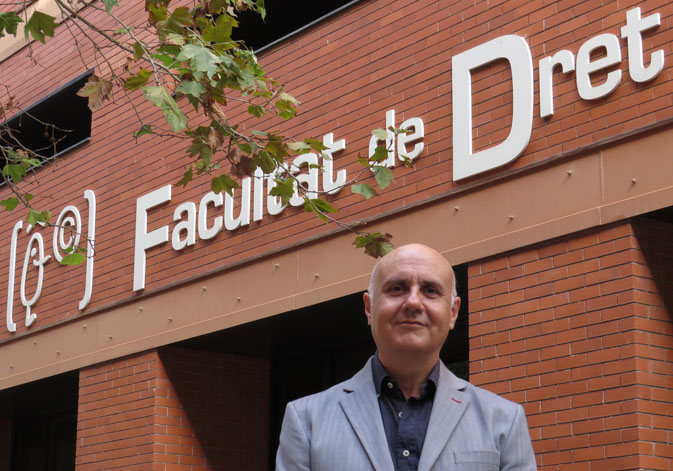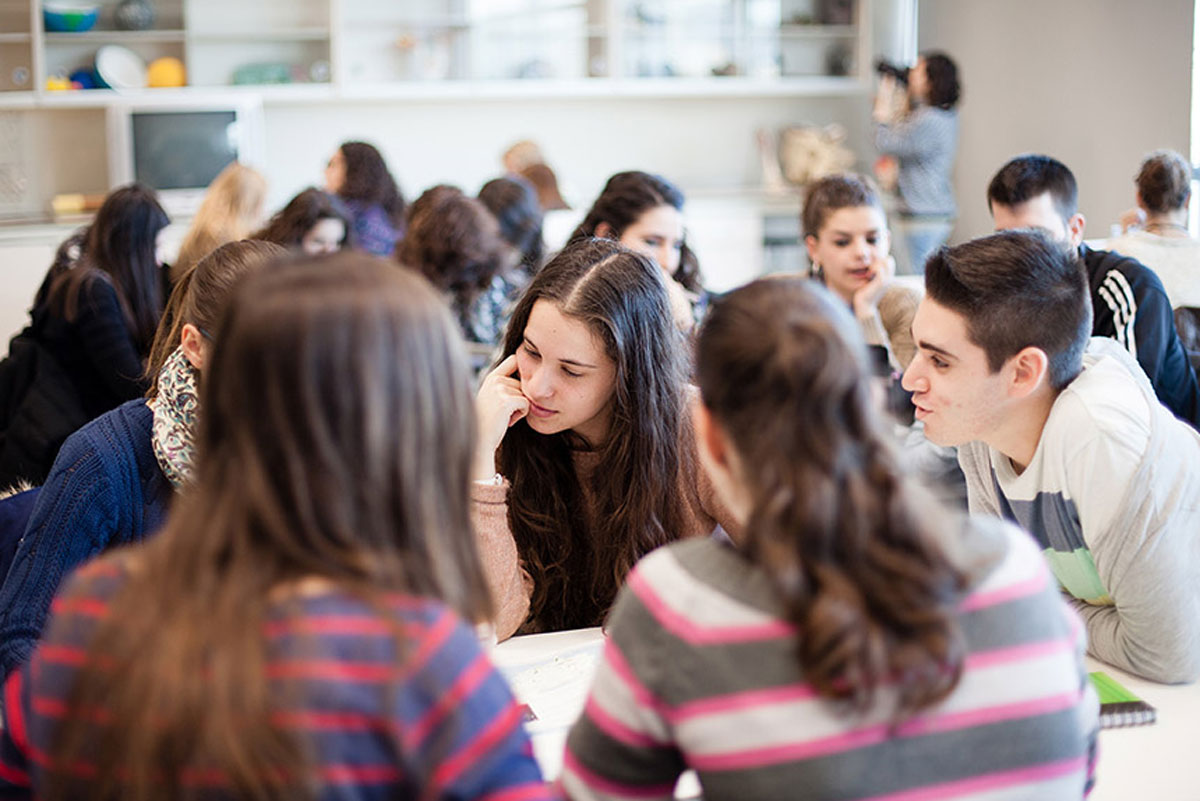José Bonet considers the uses of artificial intelligence in trials
- Scientific Culture and Innovation Unit
- October 11st, 2018

In a research article, José Bonet, full professor of Procedural Law at the Universitat de València, has considered the potential uses of artificial intelligence (AI) in judicial proceeding. The researcher concludes that, apart from its current use in Civil Law, robotics may allow the automation of those cases causing considerable delay (admission and notification) in judicial offices. Establishing robotics may also reduce the number of courts.
“A robot could already issue a resolution. Obviously, the simplest ones such as rejection due to lack of some requirements. However, I believe that someday a robot might be issuing judgments or even assessing conflicting evidence. In my opinion, what it won’t be able to do is create jurisprudence or move it forward”, Bonet points out.
Basing his arguments on the January 27, 2017 report of the Committee of Legal Affairs of the European Parliament on robotics and artificial intelligence legal issues in the European Univion, the university professor emphasises that the incorporation of technology into law is increasing. “It will continue with intelligent and autonomous machines capable of being trained to think and make decisions”, the expert suggests.
For the full professor of Procedural Law in the Universitat de València, this published work is new because “the uses of artificial intelligence in law and procedures hadn’t been considered yet as a tool that will offer public protection, and in some cases private protection, of rights.”
In this sense, among the advantages, there will be an automation of judicial offices in procedures such as communication and notification acts, so that “the wasted time in distribution, opening of proceedings, and notifications may be over”. The territorial organisation of courts may be also modified because of robotics. According to Bonet, “hearings, courts, and virtual appearances take away importance of physical proximity to the court and so the territorial competence may be currently less important, making it disappear someday.”
Responsibility in robots
The professor of the Universitat de València also points the future possibility of a robot being able to make decisions by itself so they would have responsibilities, and those external would decrease. This fact opens the way to rights and responsibilities for robots. “In the procedural area, this would mean that a robot could then be part of trials and act on them”.
The Valencian researcher also comes at the conclusion that a robot could act as a mediator, “mainly telling the general and concrete advantages of a mediation agreement and the disadvantages of not making one, and especially because it offers the possibility of making a prediction of the result in case of taking automatic judicial means.
The researcher also announces an issue which will have to be advanced. Values such as security, live, physical integrity, intimacy, dignity, and autonomy of humans against robots that may take part in legal proceedings will have to be provided and respected.
In this sense, José Bonet insists on the importance of the report on artificial intelligence by the Economic and Social European Committee: “The consequences of Artificial Intelligence on the (digital) single market, production, consumption, employment and society.”, published on 31 August 2017.
Article:
José Bonet Navarro “La tutela judicial de los derechos no humanos. De la tramitación electrónica al proceso con robots autónomos”. CEFLEGAL. CEF Journal, n. 208, pp 55-92. ISSN 1699-129X.
Report on artificial intelligence: http://ir.uv.es/VeqN4S9
















